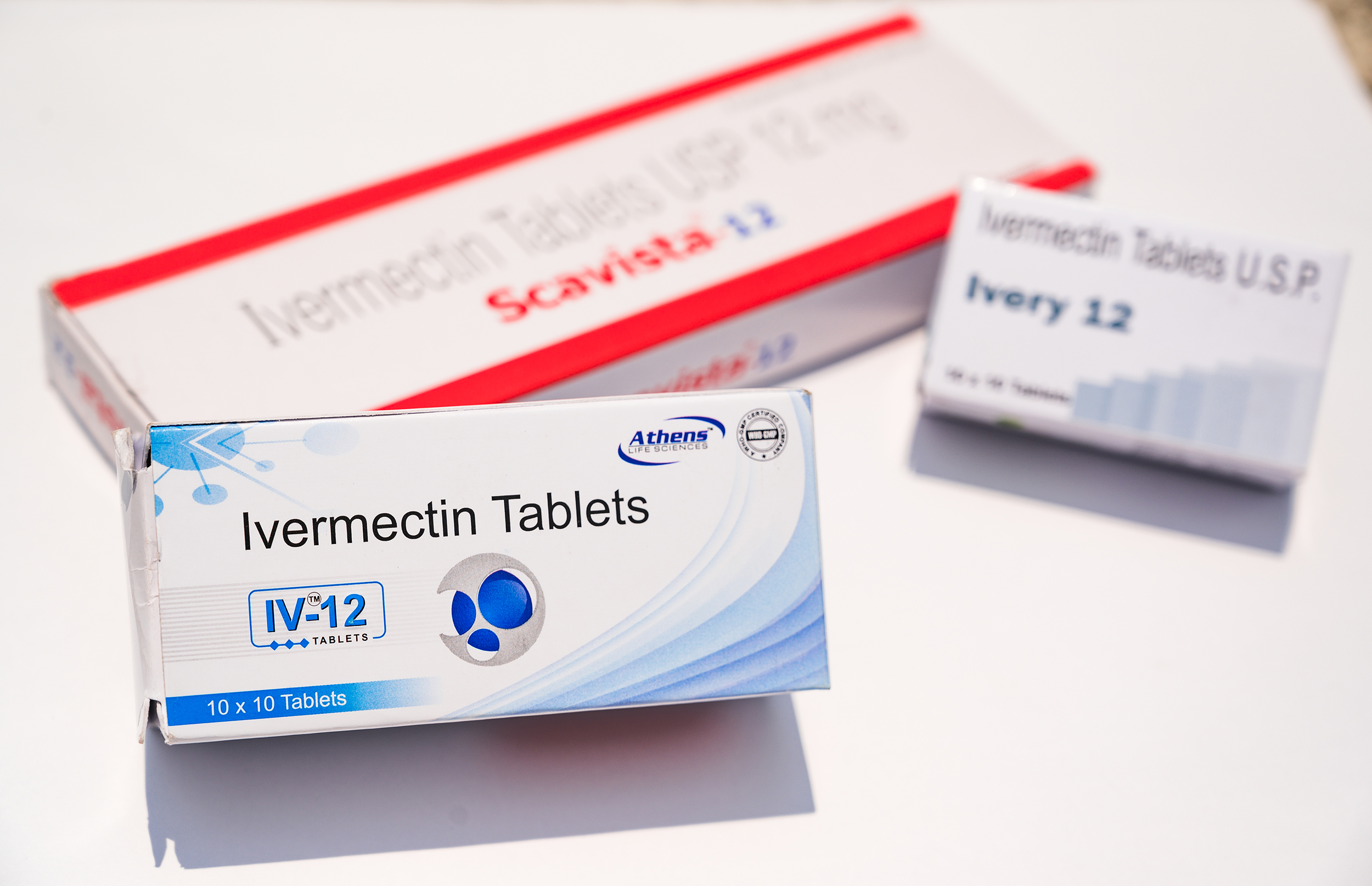Ivermectin 6mg is an antiparasitic medication with a wide range of applications. Here’s a detailed and user-friendly overview of its uses, dosage, side effects, and warnings:
Uses of Ivermectin:
- Parasitic Infections:
- Ivermectin is commonly used to treat infections caused by various parasites, including roundworms, threadworms, and certain types of mites.
- It is particularly effective against river blindness (onchocerciasis) and lymphatic filariasis, two tropical diseases caused by parasitic worms.
- Scabies and Lice:
- Topical formulations of ivermectin are used to treat conditions like scabies and head lice.
- The medication works by paralyzing and killing the parasites or their eggs.
- Veterinary Medicine:
- Ivermectin is widely used in veterinary medicine to treat and prevent parasitic infections in animals. ivermectin tablets for sale is available at dosepharmacy
Dosage:
- Oral Dosage:
- The dosage of oral ivermectin varies based on the type of infection being treated and the patient’s weight.
- It is typically administered as a single dose, but the frequency may vary in certain cases.
- Topical Formulations:
- For conditions like scabies, ivermectin is available in topical formulations. The amount applied depends on the affected area and the concentration of the formulation.
- Veterinary Dosage:
- Veterinary usage involves different dosages depending on the animal species and the specific parasite being targeted. Veterinary formulations are not intended for human use.
Side Effects:
- Common Side Effects:
- Mild side effects may include dizziness, nausea, and diarrhea.
- These effects are usually temporary and resolve on their own.
- Allergic Reactions:
- Serious allergic reactions are rare but possible. Signs include rash, itching, swelling, severe dizziness, or difficulty breathing.
- Neurological Effects:
- High doses of ivermectin can lead to neurological effects such as confusion, balance issues, and in rare cases, seizures.
Warnings and Precautions:
- Pregnancy and Breastfeeding:
- It should be used cautiously in pregnant and breastfeeding women, and its use should be determined by a healthcare professional.
- Children and Elderly:
- Dosages for children and the elderly may need adjustment, and medical supervision is crucial to avoid potential complications.
- Drug Interactions:
- It can interact with certain medications, including those that affect the liver enzymes responsible for its metabolism. Consult with a healthcare provider about potential drug interactions.
- Resistance Concerns:
- Overuse of ivermectin may contribute to the development of resistance in parasites. It is important to use the medication as directed and only when necessary.
- Off-Label Use and COVID-19:
- The use of ivermectin for COVID-19 prevention or treatment is not recommended, as its efficacy and safety for this purpose are not well-established. Always follow public health guidelines and consult healthcare professionals for COVID-19-related advice.
Duration of Action:
– Ivermectin’s duration of action is relatively long, allowing for less frequent dosing in many cases.
– This feature is particularly advantageous in the treatment of certain parasitic infections, as a single dose can provide sustained efficacy over an extended period.
Global Impact in Tropical Diseases:
– It has played a pivotal role in global health efforts to combat neglected tropical diseases (NTDs).
– Through mass drug administration programs, particularly for onchocerciasis and lymphatic filariasis, it has contributed significantly to reducing the burden of these diseases in endemic regions.
Topical Ivermectin for Rosacea:
– It is approved for use in topical formulations to treat inflammatory lesions of rosacea.
– Its anti-inflammatory properties, in addition to its antiparasitic effects, make it beneficial for managing the symptoms of this skin condition.
Dosing for River Blindness:
– For the treatment of onchocerciasis (river blindness), a single annual dose of Ivermectin is often sufficient.
– Mass distribution campaigns have been successful in reducing the prevalence of river blindness in affected populations.
Resistance in Parasites:
– While Ivermectin has been highly effective, instances of resistance in certain parasites have been reported.
– The World Health Organization (WHO) emphasizes the importance of using Ivermectin in conjunction with other interventions to reduce the risk of resistance development.
Ivermectin and COVID-19:
– The use of Ivermectin for COVID-19 prevention or treatment is controversial, with conflicting evidence and opinions.
– Major health organizations, including the WHO and FDA, have not recommended Ivermectin for routine use in COVID-19, emphasizing the need for well-designed clinical trials.
Ingesting Veterinary Formulations:
– Veterinary formulations of Ivermectin are significantly more concentrated than those for humans and can be toxic if ingested.
– There have been cases of adverse effects and poisoning in individuals who ingested veterinary Ivermectin intended for livestock.
Ivermectin and Malaria:
– Some studies suggest a potential role for Ivermectin in reducing the transmission of malaria by killing the mosquitoes that bite individuals treated with the drug.
– Research in this area is ongoing, and its implementation for malaria control is not yet widespread.
Liver Disease Considerations:
– Individuals with liver disease may metabolize Ivermectin differently, and dosage adjustments may be necessary.
– Close monitoring and consultation with a healthcare professional are crucial for those with liver conditions.
Alternative Treatments for Parasitic Infections:
– In certain cases, other antiparasitic medications may be recommended based on the specific type of infection or the presence of resistance.
– Healthcare providers assess individual cases to determine the most suitable treatment approach.
In summary, while Ivermectin has proven efficacy in treating various parasitic infections, its use requires careful consideration of factors such as dosage, resistance, and potential side effects. Always seek guidance from healthcare professionals to ensure safe and effective use.

